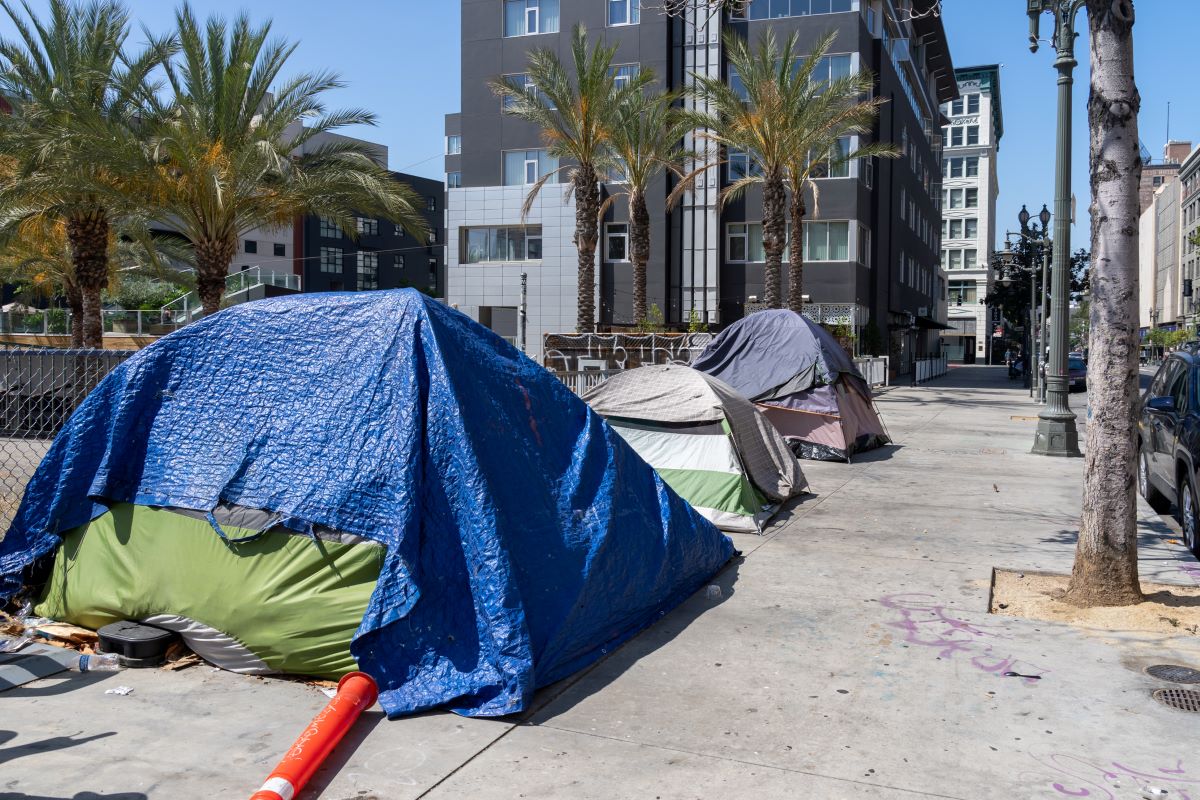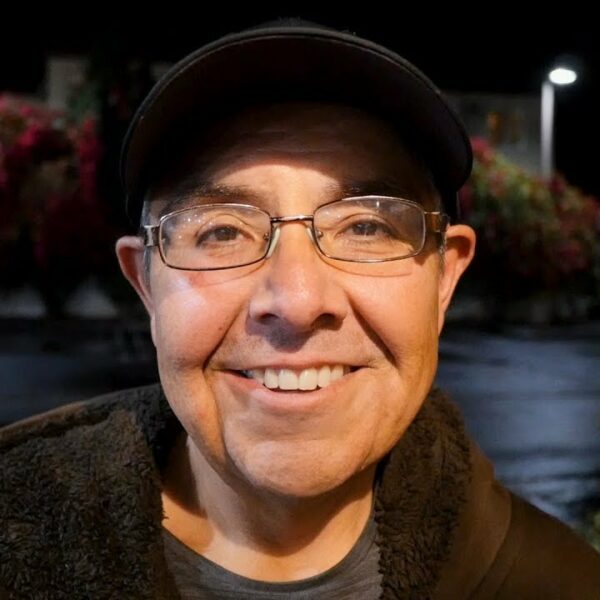Sobering Truth: The Mainstream Narrative About the Underlying Causes of Homelessness Has it All Wrong
From search results to news reports, from podiums to political arenas, phrases like substance abuse, mental illness, drug and alcohol addiction, and criminal behavior are being incorrectly correlated with homelessness.
Wanting to aid people with illnesses and addictions is a common, noble aspiration, which is precisely why that desire is being used to manipulate the masses. The sobering truth is that we could solve the opioid epidemic and eradicate mental illness from the face of the planet, and we would still have homelessness. The reason for this is relatively simple. There are just not enough homes.
Homelessness and Housing: A Hypothetical Game of Musical Chairs
For the sake of painting an accurate picture, envision the following scenario:
You enter a party with 99 other people, making it an event that boasts 100 guests. While there are 100 people at the party, you notice there are just 36 available chairs. In addition to the limited seating options, the party itself is pretty wild. People are intoxicated, falling all over one another as they clamber to find seating.
Thirty-six people get the chance to sit down. The other 64 are forced to stand. Some of them were too inebriated to compete for seating. Others were distracted or erratic. But everyone standing would have taken a seat if there had been one available to recline on.
The people left standing start getting arrested for loitering, although they have no choice. The arresting officers say they are being detained for their belligerent, intoxicated behavior. However, the people who are seated are also intoxicated, and for some reason, they aren’t being forced to go to jail, nor are they being involuntarily committed to mental institutions.
Onlookers immediately assume that those left standing have committed some horrifying criminal offense. This thought comforts them because, in the back of their minds, they know it could have just as easily been them who had no place to sit. Everything gets blamed on the fact that the loudest and most visible partygoers are either intoxicated or emotionally distressed. But what happens when we take that intoxicating substance out of the equation entirely? What happens if the stress disappears?
Imagine we cure substance abuse disorder and mental illness forever. We don’t change anything else about the situation. One hundred people enter a party and there are 36 available chairs. Everyone is stone-cold sober. Everyone is sane. How many people get a seat now? The answer is still 36.
For Every 100 People Who Need an Affordable Place to Live, There Are Just 36 Housing Units
There are only 36 housing units for every 100 people in need of them. This is the national average. This is the fact we don’t get to hear. Unless we build more affordable housing, the desolate state of American homelessness will not change.
Of course, there are other issues plaguing the nation. These are issues that inflict housed and unhoused people alike at nearly comparable rates.
Sometimes, these secondary issues impact who winds up on the streets and who doesn’t. But with a shortage of more than 7 million affordable homes and growing, there lies no doubt that even if everyone was sober and everyone was sane, many would still wind up on the streets. There is only one way to do that math.
Housing Insecurity is Plaguing the Nation and Making Our Cities Unsafe
Housing insecurity is one of the most critical dilemmas in our country right now. Try as they might, politicians can no longer hide the housing crisis behind the facades of addiction or mental illness – not when we know the facts.
Sobering truths to keep in mind when anyone attributes homelessness to something other than housing are as follows:
- Without exception, cities with the highest rates of homelessness also exhibit the highest housing prices despite their mental health and addiction rates
- Rental rates have grown at quadruple the pace of wages
- Half of homeless people are employed
- The average house price in today’s economy is nearly half a million dollars
- The vast majority of available jobs on the market pay less than $20 an hour
Talk to Your Legislators About Sobering Up. Sometimes, a Double Shot of Truth is All It Takes.
In a hypothetical scenario where things like addiction, mental illness, and violent crime cease to exist, homelessness would still be happening. The only difference is we’d have nothing else to blame it on outside of its true cause – the lack of affordable housing.
Talk to your local legislators about their plan to reduce the rate at which people are thrust into homelessness by building more affordable homes and drafting legislation that makes housing a human right.













